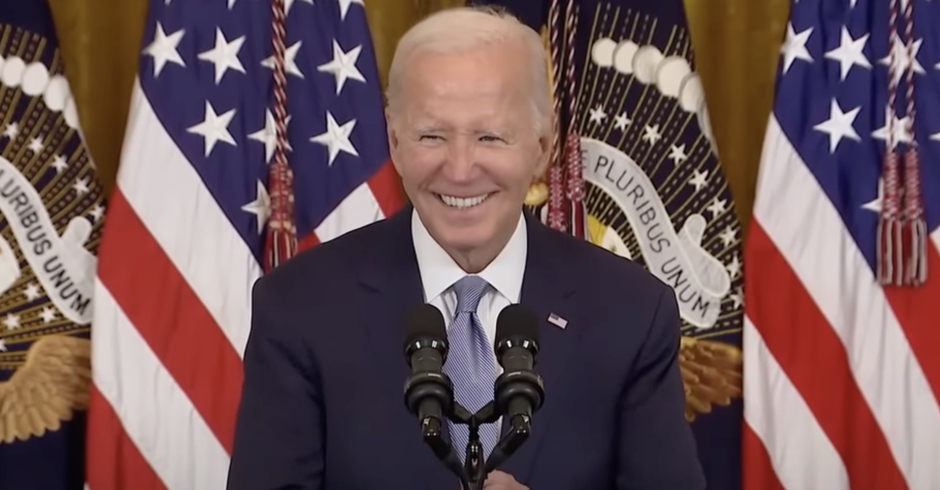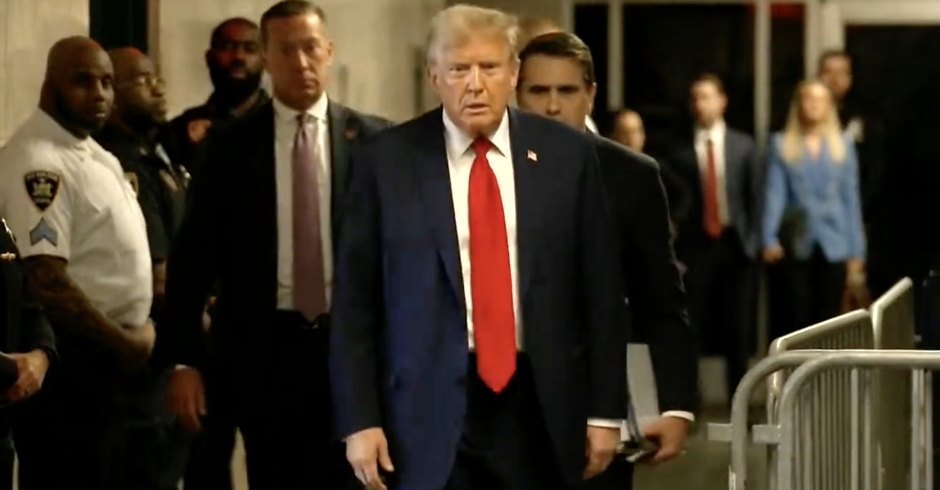Watch: Victim In Horrific NYC Dallas BBQ Restaurant Gay Bashing Hate Crime Speaks
He was whacked over the head with a chair so hard the wood cracked. Now he’s speaking about being the victim of an anti-gay and racist hate crime.
Tuesday night Jonathan Snipes and his boyfriend Ethan York-Adams were dining at Chelsea’s Dallas BBQ restaurant when Snipes got a text about a death in the family. As he rushed to leave, he accidentally spilled a drink. Across the room a man police say was about 6’4″ called the couple “white faggots,” Snipes says, so he went over to confront the man.
That’s when things got violent, as horrific video shot by a patron in the restaurant shows. After the loud and wild scuffle, the large man came back over, grabbed a wooden chair, and whacked Snipes and York-Adams over their heads.
UPDATE:Do You Know Who This Is? NYPD Releases Image Of Man Suspected Of Bashing Gay Couple With Chair
Snipes last night talked with local CBS News reporter Dave Carlin. He says the two just came from hours at the NYPD’s Hate Crimes Unit, which it now appears will be investigating the case as a hate crime.Â
WATCH:Â Full Video: Violent Hate Attack As Diner Whacks Gay Couple With Chair In NYC Restaurant
“At this moment, we’re just going to get home. We’re going to rest. We haven’t been able to sleep yet because of the head injury that was sustained,” Snipes says. The couple refused medical attention because of the cost.
Isaam Sharef, who filmed the attack with his phone, told CBS Snipes “was on the floor being stomped,” and said the attacker, much larger than Snipes, seemed “like he was stomping to kill.”
“Like, it was violently dangerous. It was out of control to even see it,” Sharef added.
Sharef claimed to WCBS 880 that Snipes was the one who initially made the quarrel physical. But as the fight escalated, other patrons were heard yelling for the fight to stop — with some even trying to break it up.
“In all my years, I had never seen anything like that. I had never seen somebody crack — I mean like, you could hear the wood break; like, that heavy, thick wood upside that man’s head,†Sharef said.
Asked if he thought the violence against him was a hate crime, Snipes said, “any violent act against any New Yorker I would not condone, but especially anything that’s protected – whether it’s your race, your religion or your creed.”
Â
Image: Screenshot via CBS 2 News

Enjoy this piece?
… then let us make a small request. The New Civil Rights Movement depends on readers like you to meet our ongoing expenses and continue producing quality progressive journalism. Three Silicon Valley giants consume 70 percent of all online advertising dollars, so we need your help to continue doing what we do.
NCRM is independent. You won’t find mainstream media bias here. From unflinching coverage of religious extremism, to spotlighting efforts to roll back our rights, NCRM continues to speak truth to power. America needs independent voices like NCRM to be sure no one is forgotten.
Every reader contribution, whatever the amount, makes a tremendous difference. Help ensure NCRM remains independent long into the future. Support progressive journalism with a one-time contribution to NCRM, or click here to become a subscriber. Thank you. Click here to donate by check.
 |






















